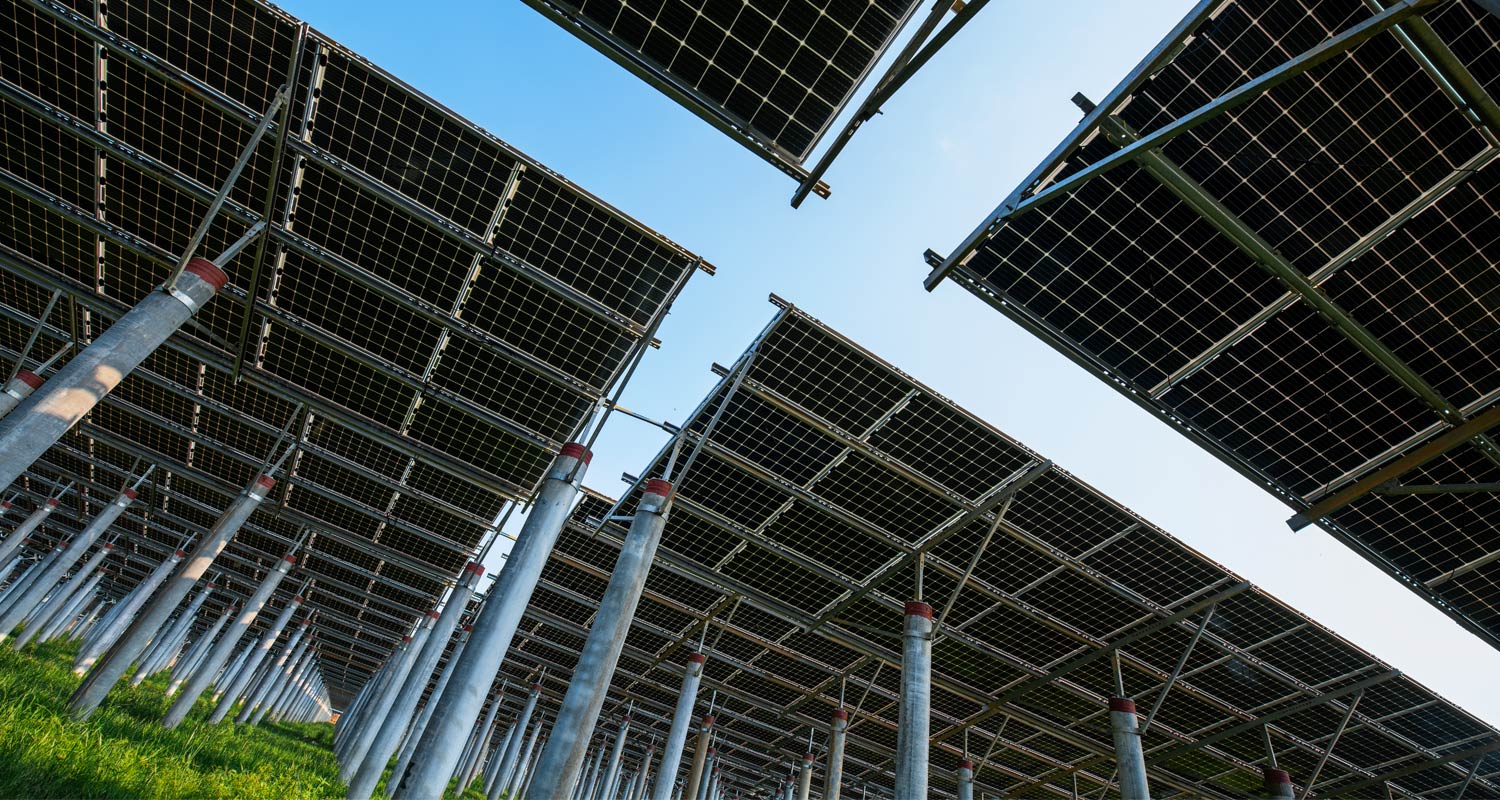
By Edson Baraukwa | Africa Guardian
Engie, a French utility company, anticipates increased mergers and acquisitions in Africa’s renewable energy sector, including in South Africa.
Following its $1-billion acquisition of renewable assets from Actis last year, Engie is focused on integrating these assets rather than seeking further acquisitions. However, the company is also working on developing a pipeline of 7GW worth of projects, according to Mohamed Hoosen, Engie’s Managing Director for Asia, the Middle East, and Africa. Engie may also consider investments in South Africa’s transmission projects when they open up for private participation.
Engie’s purchase of BTE Renewables from Actis, in partnership with Meridiam, highlights the push by large renewable companies to strengthen their presence in Africa. The sector is also drawing interest from new players. For instance, Old Mutual is in talks with firms like BlackRock to sell a stake in a significant renewable energy business, while Africa Finance Corp and Egypt’s Infinity Group acquired Lekela Power in 2022. Similarly, Copenhagen Infrastructure Partners gained control of South Africa’s Mulilo Energy Holdings last year, and other companies, such as Mainstream Renewable Power and Red Rocket, are seeking investors or looking to sell their businesses.
Consolidation as a Strategic Necessity
“It’s inevitable that there’s going to be consolidation in the renewable space,” Hoosen stated in an interview. He emphasized that “renewables is a scale business,” meaning larger companies with greater purchasing power for panels and turbines are better positioned to compete. The push for consolidation is partly driven by falling tariffs in South Africa — the continent’s largest renewable energy market — which reduces returns for smaller companies. Despite ongoing power shortages in the country, there remains a strong demand for new projects.
Focus on Three Key Markets
Engie plans to streamline its African operations to focus on three core markets: South Africa, Egypt, and Morocco. As part of this strategy, it intends to sell its stakes in two solar projects in Senegal, which together have a capacity of around 60MW. “We are in advanced negotiations with a party interested in acquiring our stake in those projects,” Hoosen said. He noted that Engie does not intend to expand into other African countries, citing the maturity of these three markets and their supportive policies for reducing emissions and protecting legal rights.
Engie’s project pipeline includes 3GW of potential developments in North Africa and 4GW in South Africa, with an equal split between wind and solar. The cost of pursuing these projects is estimated to be around $1 million per megawatt for wind power and $750,000 per megawatt for solar. Currently, Engie has about 3.7GW of operational capacity across the continent, with an additional 1GW under development.
Addressing Infrastructure Challenges
However, Engie’s expansion plans in South Africa face constraints due to the limited capacity of the national grid, particularly in areas with high solar and wind potential in the western half of the country. Although the government has yet to outline a solution, Engie sees opportunities once grid expansion plans are implemented.
“There’s a gridlock in the country,” Hoosen remarked, adding that South African authorities are considering private sector involvement to resolve transmission challenges. Engie, with its track record in transmission infrastructure investment, is interested in exploring this opportunity.
In the short term, Hoosen urged South Africa to adopt a grid curtailment policy, which would allow more renewable energy producers to connect to the grid on the condition that they limit power supply during peak times.
___
